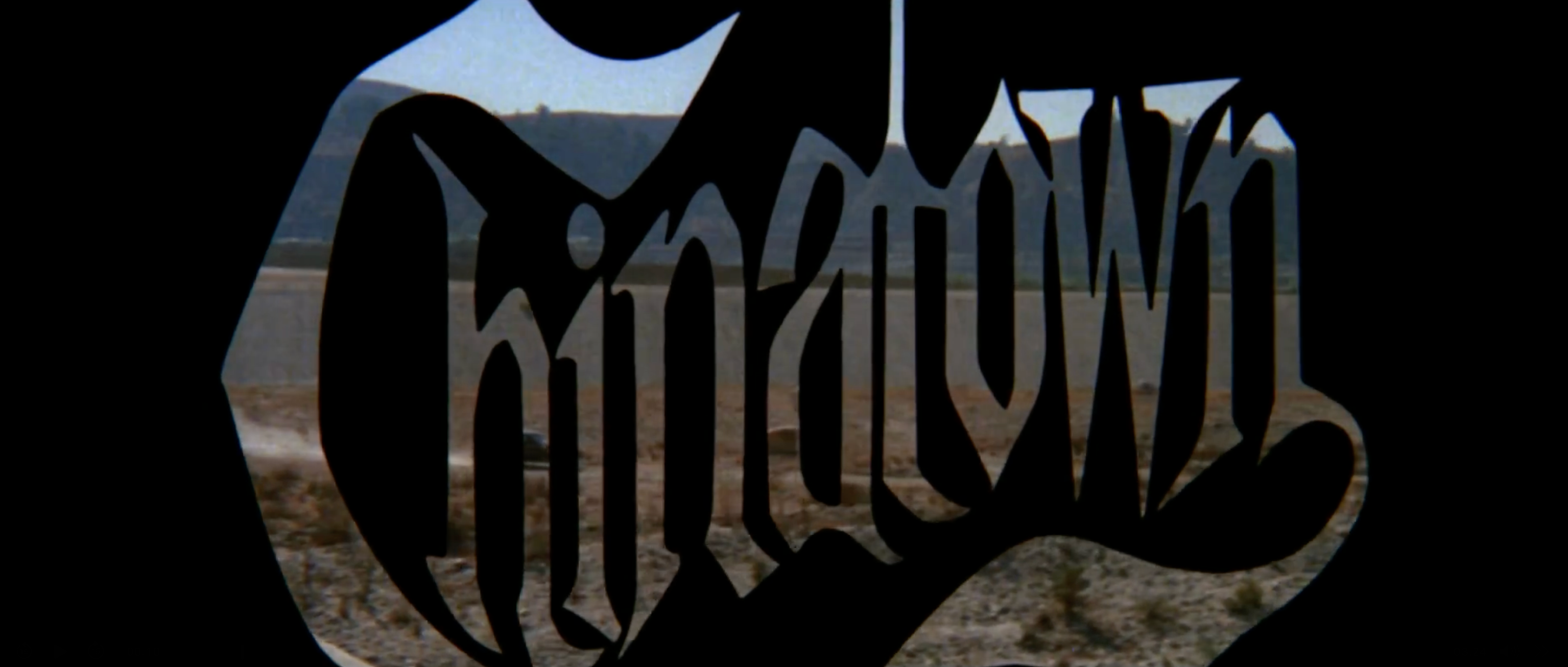Roman Polanski
Chinatown
- DirectorRoman Polanski
CHRISTOFFER BOE A classic not just about murder – but about power, inheritance, and decay. I love its ability to show how corruption seeps all the way into the family core.

The Story Behind Chinatown
When Chinatown premiered in 1974, audiences expected a detective mystery in the vein of classic film noir. What they got was something darker, stranger, and more unsettling - a film that redefined the genre and left a permanent mark on Hollywood. But the story behind Chinatown is nearly as fascinating as the one on screen.
The screenplay, written by Robert Towne, grew out of Los Angeles history. Towne was fascinated by the California Water Wars, a real scandal in which the city of Los Angeles siphoned water away from rural communities to fuel its explosive growth in the early 20th century. He imagined a detective story in which personal corruption and civic ambition intertwined, echoing the cynical, shadowy worlds of Raymond Chandler but with a psychological depth that classic noir never fully explored.
Producer Robert Evans, the visionary behind Paramount Pictures at the time, convinced Roman Polanski to direct. Polanski, haunted by personal tragedy after the murder of his wife Sharon Tate, brought a uniquely bleak worldview to the project. He clashed with Towne over the ending: Towne wanted a glimmer of justice, but Polanski insisted on despair. In his version, corruption triumphs, innocence dies, and Jake Gittes can do nothing but walk away as a friend tells him, “Forget it, Jake. It’s Chinatown.” That single line became one of the most chilling conclusions in American cinema.
Casting added its own drama. Jack Nicholson was handpicked for the role of private detective Jake Gittes, bringing sharp charisma and vulnerability. Faye Dunaway, cast as the enigmatic Evelyn Mulwray, clashed bitterly with Polanski, their conflicts spilling into legendary Hollywood lore. John Huston, himself a titan of classic noir, played the villainous Noah Cross - a nod to cinema history that also lent the role a chilling authority.
The result was a film both timeless and of its moment: a stylish detective story that doubles as a meditation on power, corruption, and the futility of fighting the system. Chinatown won Robert Towne the Oscar for Best Original Screenplay and earned 11 nominations, cementing its status as one of Hollywood’s masterpieces.
Nearly 50 years later, the film remains as haunting as ever. It isn’t just a story about water rights or murder. It’s about the illusion of control - and the hard truth that sometimes, in Chinatown or anywhere else, the darkness wins.











